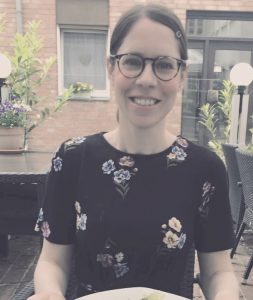 Patricia Schartau is a ST4 academic clinical fellow in Primary Care at King’s College London and in the Royal Free Hospital VTS Training Scheme, with a specialist interest in men’s health & eHealth.
Patricia Schartau is a ST4 academic clinical fellow in Primary Care at King’s College London and in the Royal Free Hospital VTS Training Scheme, with a specialist interest in men’s health & eHealth.
I was chosen by the Vasco Da Gama Movement to take part in a one-week GP exchange to Switzerland. In my case, this comprised three days in a small inner city GP practice in Bern followed by a day each in the BIHAM in Bern (Family Medicine Research Institute at Bern University) and at the National Congress for young family doctors in Thun.
The Swiss health system is not tax funded (although hospitals are sometimes subsidised by taxes), and a basic health insurance package is mandatory for everyone. Where required, this is paid fully or partially by the state. Just as in the UK, the GP acts as gatekeeper to specialist care for most patients.
Swiss GPs have more flexibility in terms of consultation length.
The care homes were managed similarly to the UK, and poly-pharmacy, de-prescribing, advanced care planning and hospital admission avoidance emerged as key topics like in the UK. This was also reflected by a poster in my GP host’s consultation room reading: ‘A good doctor knows what to do. A great doctor also knows when not to do anything’. This not only holds for end-of-life care, but reminds us that as GPs, we need to be comfortable with simply monitoring and managing uncertainty, rather than over-investigate and over-treat.
Whilst investigations were directly available in the practice (e.g. blood test results available within minutes, ECG, Xray), in the majority of cases no investigation was required to derive a (preliminary) diagnosis and management plan. As in the UK, consultations followed a patient-centred shared decision making approach. Whilst patients pay for each test conducted, they were only offered if evidence-based in this particular situation.
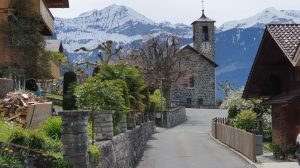 Next to the investigations available in the practice, there were other differences: Swiss GPs have more flexibility in terms of consultation length, as the patient pays for the duration of the consultation as well as other elements (e.g. whether advice was provided, investigations performed, a referral letter written, an emergency appointment booked); most GPs have a selection of medications available within the practice which they can give to a patient directly and charge for; GPs are skilled in various practical procedures such as interpreting Xrays and ECGs, small surgical procedures, and in my host’s case skin cancer biopsies but typically do not review children as they are seen by Paediatricians.
Next to the investigations available in the practice, there were other differences: Swiss GPs have more flexibility in terms of consultation length, as the patient pays for the duration of the consultation as well as other elements (e.g. whether advice was provided, investigations performed, a referral letter written, an emergency appointment booked); most GPs have a selection of medications available within the practice which they can give to a patient directly and charge for; GPs are skilled in various practical procedures such as interpreting Xrays and ECGs, small surgical procedures, and in my host’s case skin cancer biopsies but typically do not review children as they are seen by Paediatricians.
Our practice population comprised a range of social classes, but most patients that we encountered were well educated with regard to health issues, and had a trusting relationship with their GP (e.g. accepted immediately when an anticipated referral might was not deemed appropriate). Very few young patients attended, possibly because they are overall healthy and there seem to be fewer stress-related mental health issues than in an inner London practice; and the patients who attended took few medications (typically < 5), whilst really taking responsibility for their own health, which impressed me greatly. In terms of analgesia, the patients who I encountered typically wanted to take as little as possible, and the opioid or/and benzodiazepines crisis does not seem to have reached this Berner practice as yet!
Long-term, quick specialist accessibility may lead to better patient outcomes.
Referrals are equally impressive: As Switzerland is small compared to other countries, and most specialists work in practices in the community, referring a patient or asking for informal advice merely requires a quick phone call to a colleague, and our patients were seen within a couple of days even for non-urgent problems. This allows patients to access specialist care quickly, whilst avoiding that a GP works outside of their comfort zone by having to manage a complex patient in a ‘holding loop’. As highlighted in a recent British Medical Journal article (May 2019), “the idea of being a GP is not to be a specialist in everything but to be a specialist in people”.[footnote]https://www.bmj.com/content/365/bmj.l1540[/footnote]
Long-term, quick specialist accessibility may lead to better patient outcomes for their problem in question (as delayed specialist input can equal disease progression), for their mental health, requires less time off work, the prescription of fewer medications (e.g. analgesia), less potential for opioid addiction, increased patient satisfaction and reduced burnout in GPs because they won’t be managing ‘too much’. Overall, heathy lifestyles, patients who take responsibility for their own wellbeing, a wide range of outdoor sports, and a solid efficient health system all contribute to Switzerland having some of the best health outcomes in the world.
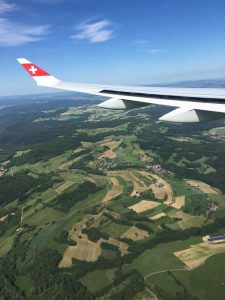
The last two days were spent in the BIHAM (Berner Institut fuer Hausarztmedizin) and at the National GP Conference for young doctors. Given my current position as an academic clinical fellow in primary care at King’s College London and my passion for research, this was interesting. Many of the hot topics are shared with the UK, such as problems relating to poly-pharmacy, frailty and advanced care planning, health innovations using technology, job satisfaction and mental health problems in GPs.
Overall, it was an intriguing and enjoyable week. I have learned about the many similarities and the few differences in primary care provision between the countries. Like with everything to do with medicine (and in life generally!), communication and shared learning is key in order to optimise outcome. Last but not least, I learned that a Swiss GP needs to be able to speak several languages (we consulted in Italian, English, French, German and Swiss German), that the Swiss are very welcoming, and that I can’t get enough of Swiss Broetli, Bretzeli and Berner Laeckerli.

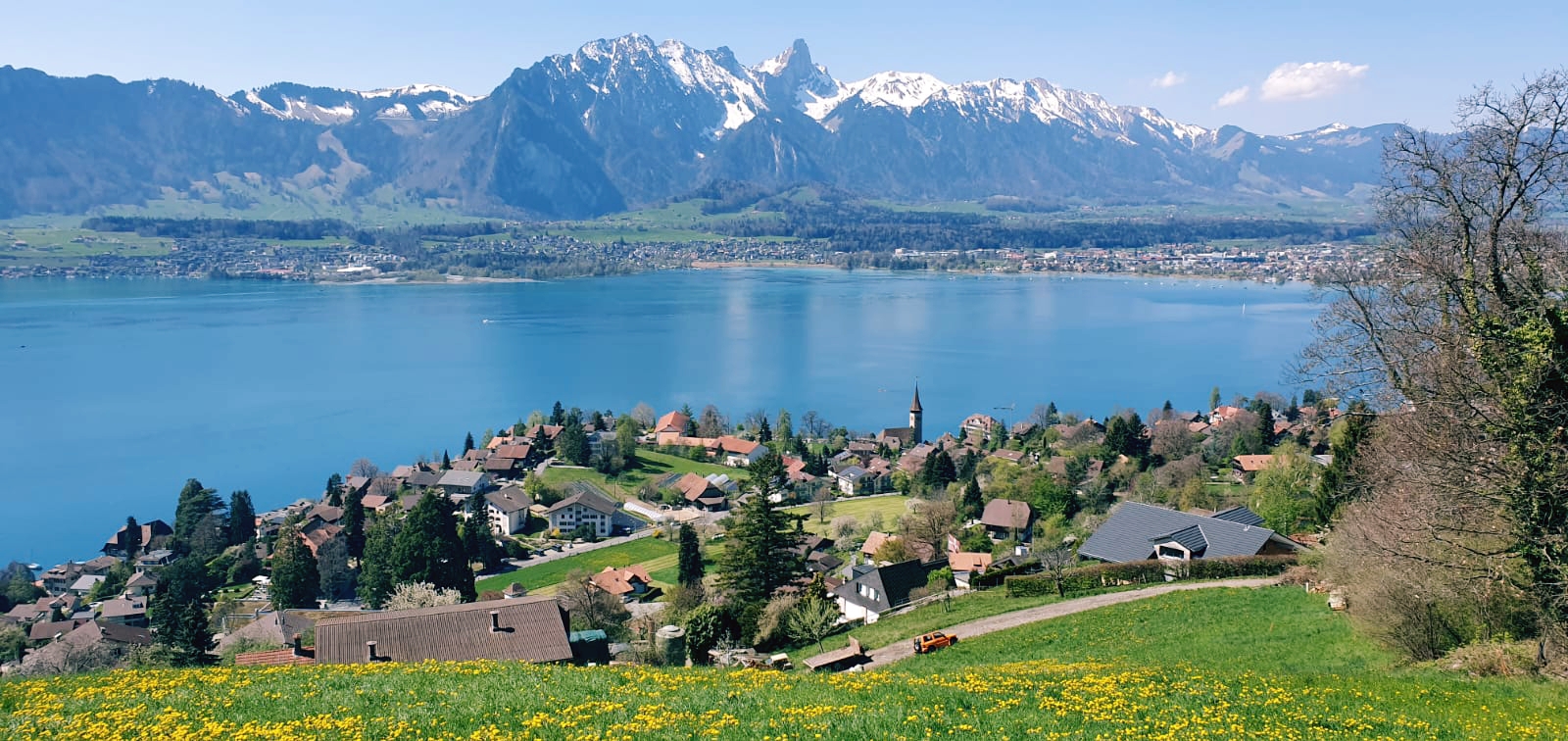
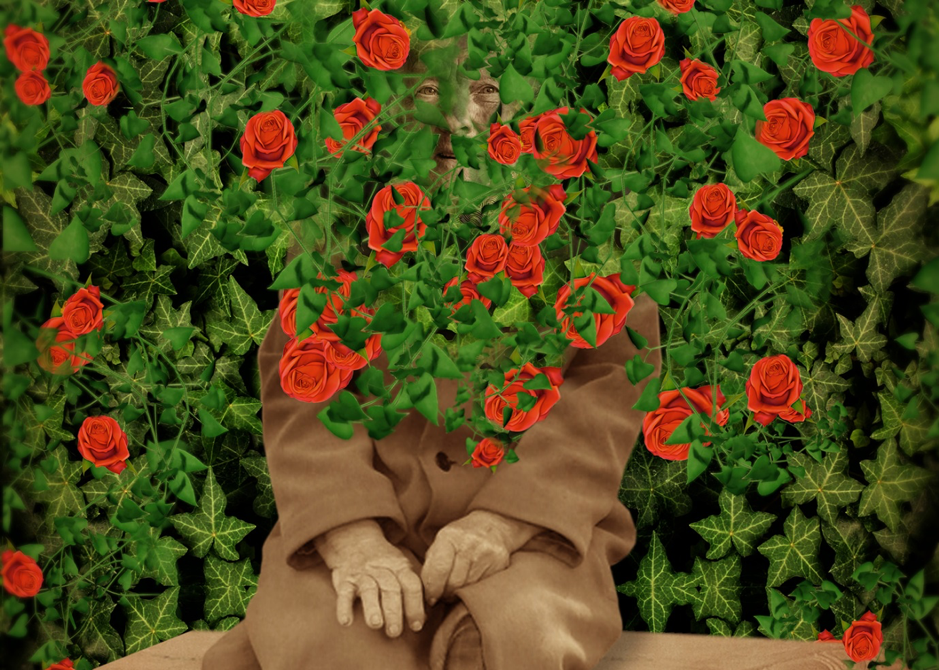




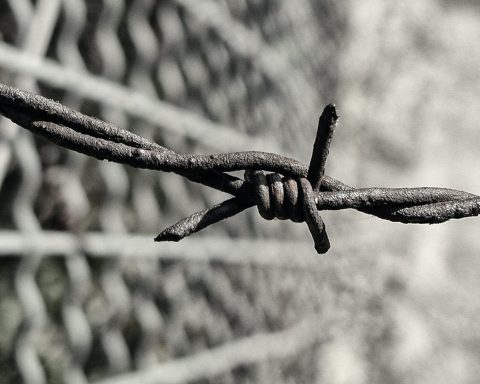
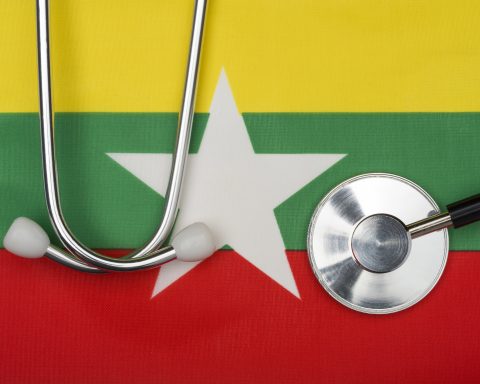
4
5
These exchanges are so educational, I exchanged with a doctor in New Zealand for a year that I shall never forget.
Never miss the opportunity!!!